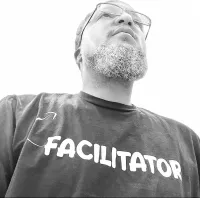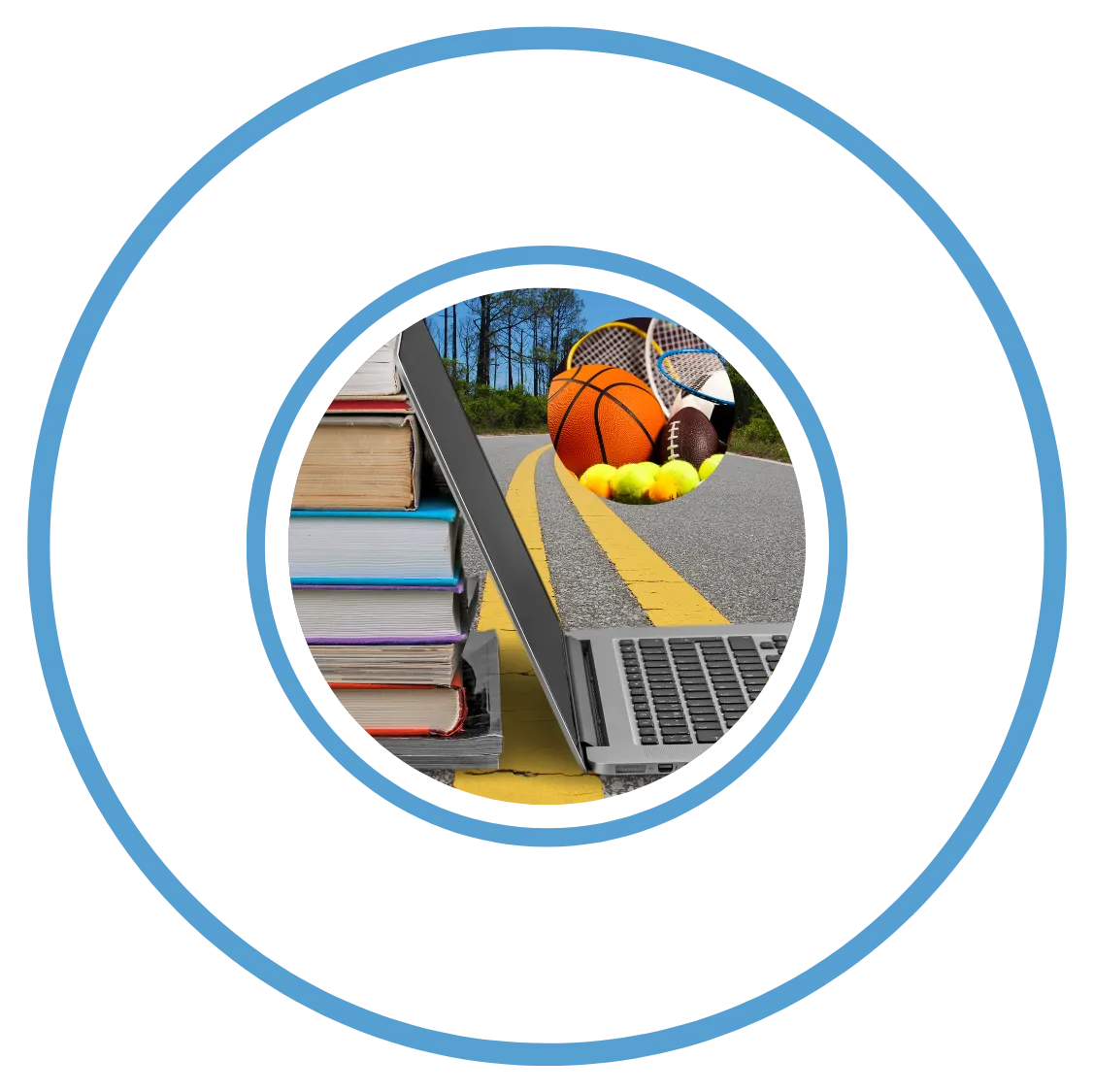
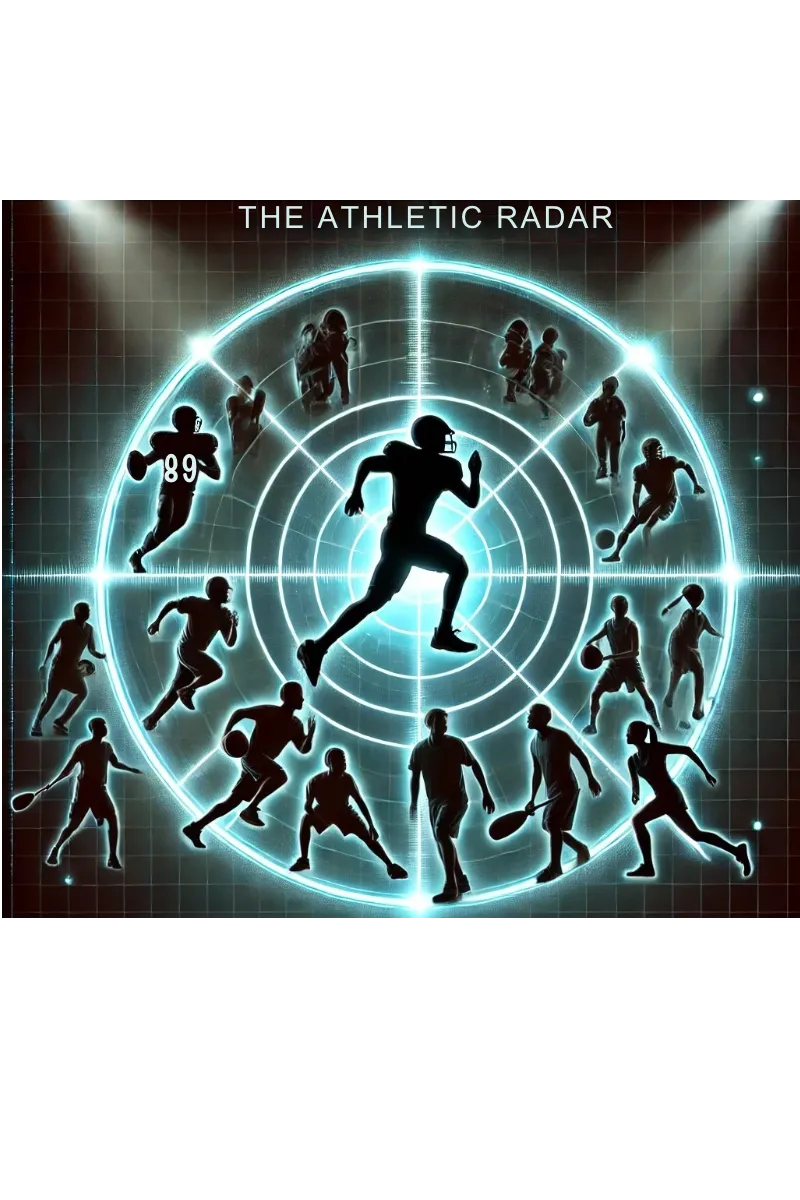
Your Success, Our Priority
Browse our articles below
Make sure to request our FREE Role Player Guide to Recruiting
WHILE SUPPLIES Last!!!
🏀⚽🏐🏈⚾🎾🏒🏊♂️🥍🎽 Free Download: The Role Player Guide to Recruiting
Not a star? Not a problem.
Whether you’re passing, blocking, digging, assisting, or just bringing relentless energy from the sidelines, this guide was created for athletes like you.
The recruiting world often highlights the MVPs and stat-sheet stuffers. Colleges also recruit role players, those who lead quietly, contribute consistently, and do what their team needs most.
This free guide gives you the tools to stand out and get recruited process started, no matter what sport you play.
🙌 This Guide Is Built For:
Athletes in basketball, soccer, volleyball, football, baseball, softball, lacrosse, track & field, cross country, tennis, hockey, wrestling, cheer, swimming, field hockey, and more. Defenders, passers, relays, utility players, blockers, reserves, bench leaders. Student-athletes who want to lead, even without the spotlight. Parents and coaches who want to support without burnout
💥 Why It Works:
Because colleges do not build teams with just stars, they build them with
contributors.
And many of the most successful college athletes were once role players who outworked the hype.
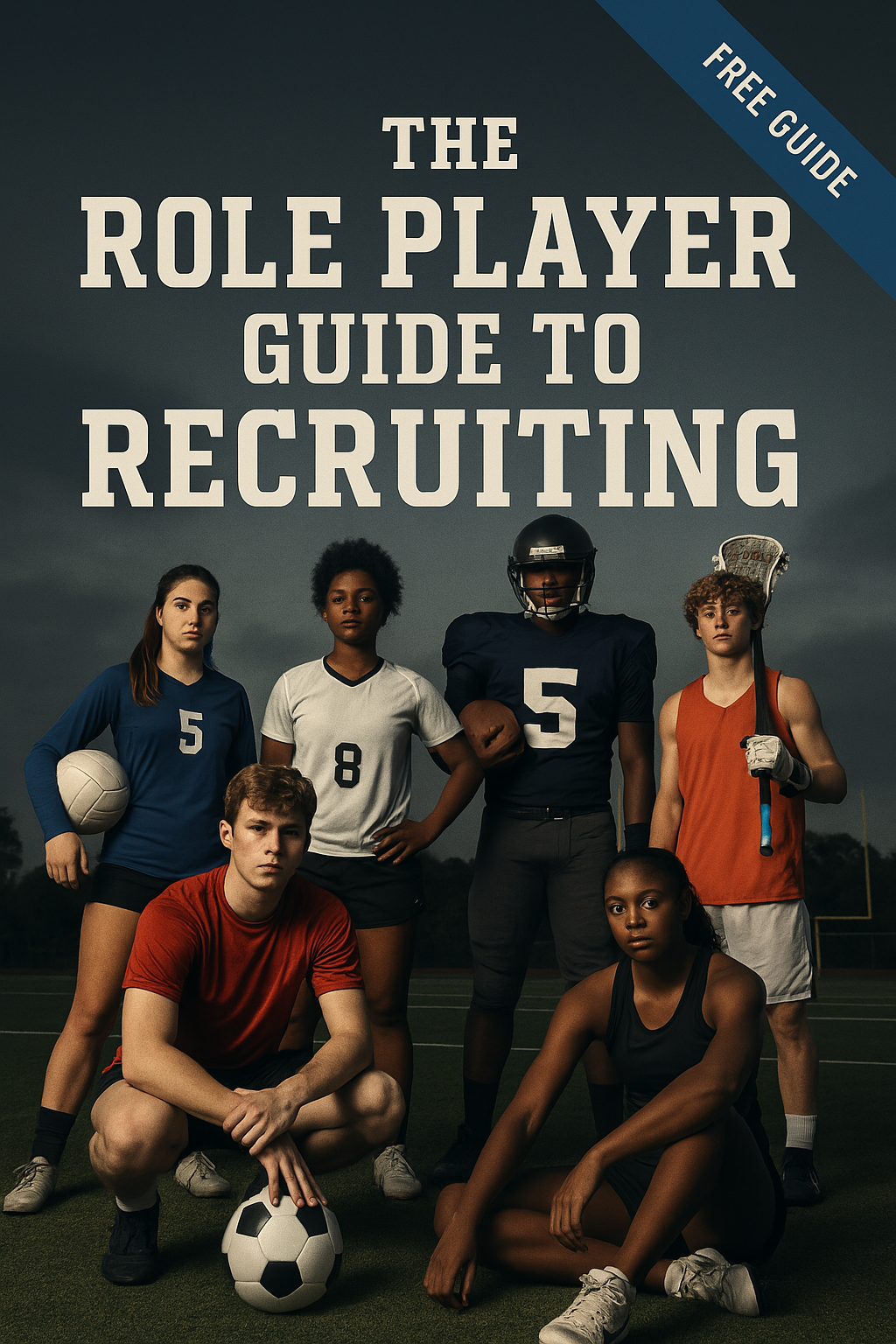
Here's what you get:

✅ How to stand out as a role player in any sport
✅ Tips for gaining exposure—even if you’re not the starter
✅ Scripts & strategies to communicate with college coaches
✅ Sport-adaptable advice and mental performance boosters
✅ A full action plan to move your recruiting process forward
By checking this box, I consent to receive both transactional and marketing communications from this organization. This includes messages related to my account, orders, appointment reminders, special offers, promotions, and other relevant updates. Message frequency may vary. Message and data rates may apply. Reply HELP for help or DELETE to opt out at any time.
Click the more stories button for additional articles
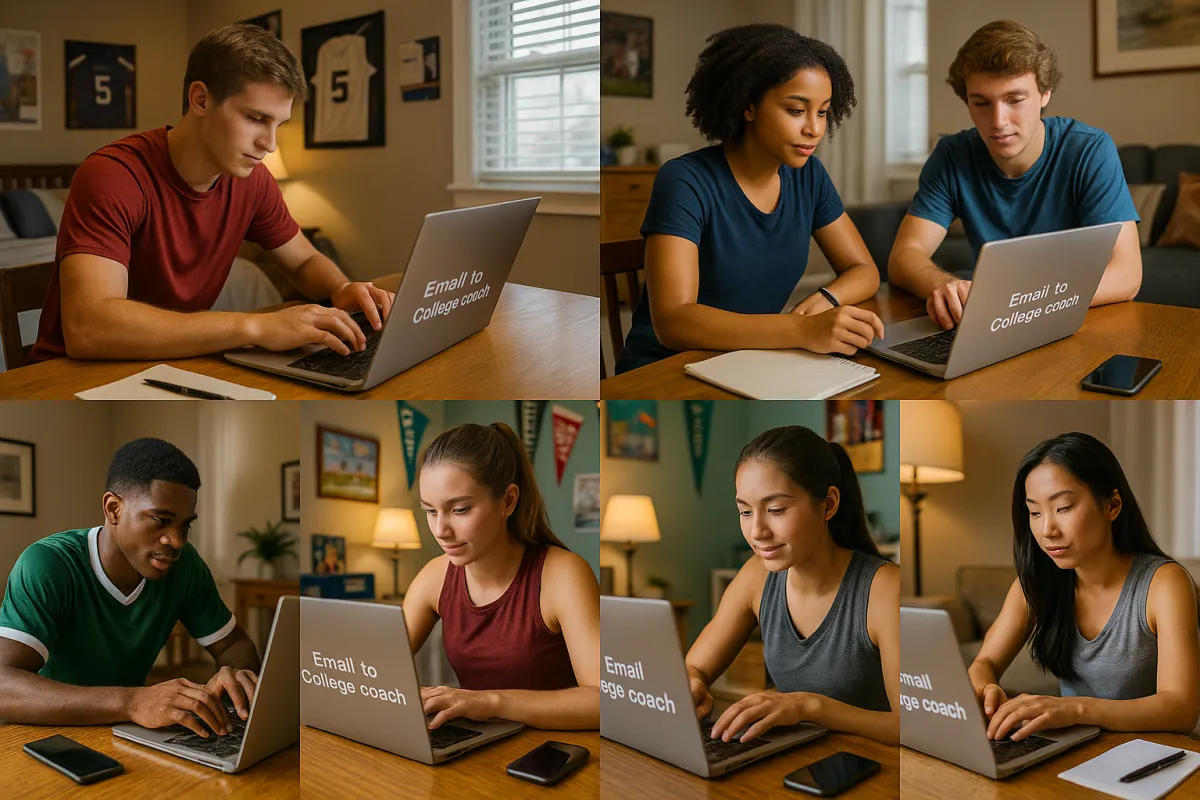
How to Navigate the Recruiting Maze: Phase 2: Engagement—Building Meaningful Connections
Phase 2: Engagement, Building Meaningful Connections
Once a profile is complete and target schools are identified, direct communication begins. Engagement marks the transition from anonymous prospect to active recruit. How and when athletes first reach out to coaches shapes every interaction that follows.
Send concise, personal messages to coaches, demonstrating genuine interest and offering a clear snapshot of athletic and academic strengths.
Adopt a follow-up schedule. Consistency signals reliability and keeps your name fresh in coaches’ minds.
Track engagement, note when coaches open emails or view highlight films. Respond promptly to requests for more info.
Generic messages rarely make an impression. Coaches sift through hundreds, sometimes thousands, of prospect emails. A message that stands out references specific program details and highlights how the athlete would contribute on and off the field. Customization paired with persistence wins attention and respect.
This phase also reveals a lot about college programs. How quickly coaches reply, what they ask about, and the tone of their communication gives insights into program culture and priorities. The engagement stage is as much about evaluating schools as it is about attracting their interest.
What to Say in Your First Message to a College Coach
The opening message to a college coach can determine whether the conversation continues. Student-athletes should research target programs and tailor each email or DM for maximum impact. Generic, mass-sent messages rarely prompt a reply.
Begin with a short introduction: name, grad year, position, and where they discovered the coach’s program.
Mention a recent team accomplishment or headline from the college’s athletic department to demonstrate genuine interest.
Highlight what makes them a fit, both academically and athletically, in two or three sentences.
Close with a clear question about the next step, such as upcoming camps or roster needs.
Clarity and professionalism matter. Polished, typo-free messages signal maturity, while thoughtful questions show the student-athlete is invested in their own future. Following up with an updated profile link and fresh highlights keeps coaches engaged past the first reply.
Coaches field hundreds of inquiries each season. Standing out means communicating with respect, research, and personality, never with copy-paste introductions. The right message can open doors to discussions, visits, and offers that change an athlete’s future.
Helpful resource:
What to Say in Your First Message to a College Coach
Mindset: “Coaches recruit athletes who are responsive, respectful, and ready.”
Resources & Community
🎯
Follow Facilitate The Process on Facebook
https://www.facebook.com/facilitatetheprocess/
🌐
Join Our Recruiting Community
🔗
Get Started Today

